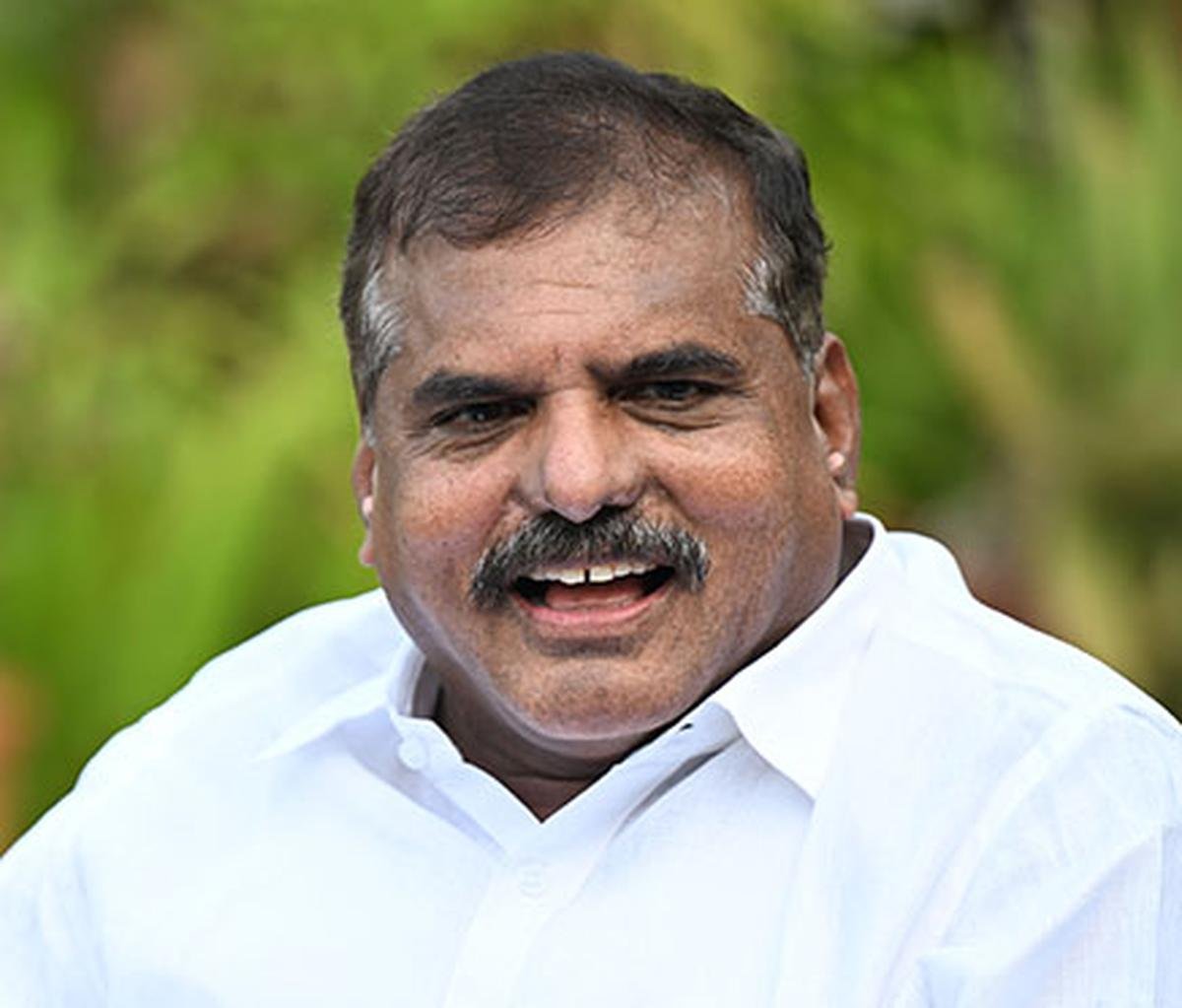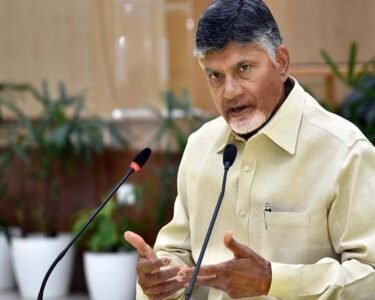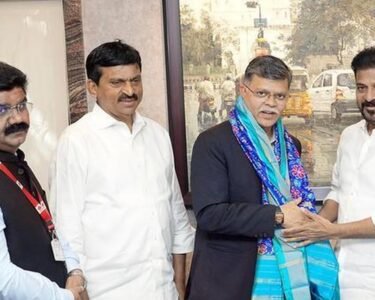The ongoing debate over the development of medical colleges in Andhra Pradesh took a heated turn as the YSR Congress Party (YSRCP) strongly opposed the state government’s proposal to adopt the Public-Private Partnership (PPP) model for establishing new medical colleges. The disagreement led to a dramatic walkout by YSRCP members from the Legislative Council, signaling growing friction between the ruling and opposition benches over healthcare policy and governance priorities.
YSRCP Raises Objections Over PPP Framework
During the Council session held on Tuesday, YSRCP members voiced strong criticism of the government’s move to involve private entities in the construction and management of medical colleges. They argued that the PPP model would compromise the public character of healthcare and open the door for privatization of medical education in the state.
YSRCP legislators contended that healthcare and medical education are essential public services that should remain under government control to ensure accessibility, affordability, and equity. “The PPP model might look attractive on paper, but in practice, it allows private partners to control key aspects such as admissions, fee structures, and hospital operations,” a senior YSRCP MLC said during the debate.
Concerns About Accessibility and Equity
The opposition expressed concern that introducing private partners in medical education could result in higher fees and limited access for students from rural and low-income backgrounds. They cited examples from other states where PPP projects in education and health sectors had led to commercialization and reduced transparency.
“Public health cannot be treated as a business venture,” said another YSRCP representative. “The government’s duty is to strengthen the public healthcare system, not hand it over to corporate entities motivated by profit. Our demand is that the government build and run these medical colleges directly under state supervision.”
Government Defends PPP Model as Practical Solution
In response, ministers from the ruling alliance defended the decision, arguing that the PPP model was a necessary innovation to speed up infrastructure development and address financial constraints faced by the state. They claimed that partnering with private players would help ensure timely completion of projects and improve service quality through modern management practices.
“The PPP model doesn’t mean privatization,” a government minister clarified. “It’s a collaborative approach. The assets will remain public, but we are leveraging private expertise to deliver better facilities. Delays in setting up medical colleges only hurt students and patients.”
Despite these explanations, YSRCP members remained unconvinced, insisting that the government was shifting its responsibility onto private companies rather than strengthening the public health infrastructure.
Walkout Marks Escalation in Political Tensions
Following heated exchanges, YSRCP members staged a walkout from the Council in protest, accusing the government of ignoring their concerns and acting against public interest. The walkout disrupted proceedings temporarily, drawing attention to the deepening political divide over healthcare policies in the state.
YSRCP leaders later addressed the media outside the Council, reiterating their stance that the PPP model would undermine the state’s commitment to equitable healthcare. They alleged that the government’s move was a precursor to privatizing public hospitals and would make healthcare unaffordable for ordinary citizens.
Healthcare Policy at the Center of Political Debate
The controversy comes at a time when Andhra Pradesh has been expanding its medical infrastructure, aiming to establish at least one medical college in each district. The YSRCP, which had initiated several such projects during its tenure, emphasized that direct government investment—rather than private partnerships—was the right path to achieve this goal.
Analysts view the walkout as part of a larger political narrative, with the opposition seeking to portray the ruling administration as favoring corporate interests over public welfare. Political observers believe the issue could become a major campaign point in upcoming local and assembly elections, especially given the public’s sensitivity toward health and education issues.
Public Reaction and Future Outlook
Public reactions to the debate have been mixed. While some sections of the public and industry experts see the PPP model as a pragmatic approach to bridge resource gaps, others echo YSRCP’s concern that it could dilute the state’s responsibility toward universal healthcare.
The issue is expected to return to the forefront in the coming sessions as YSRCP plans to mobilize public support and demand a comprehensive review of the PPP framework. With healthcare access and affordability emerging as critical issues post-pandemic, the political and policy implications of this dispute could significantly shape Andhra Pradesh’s developmental path in the coming years.







